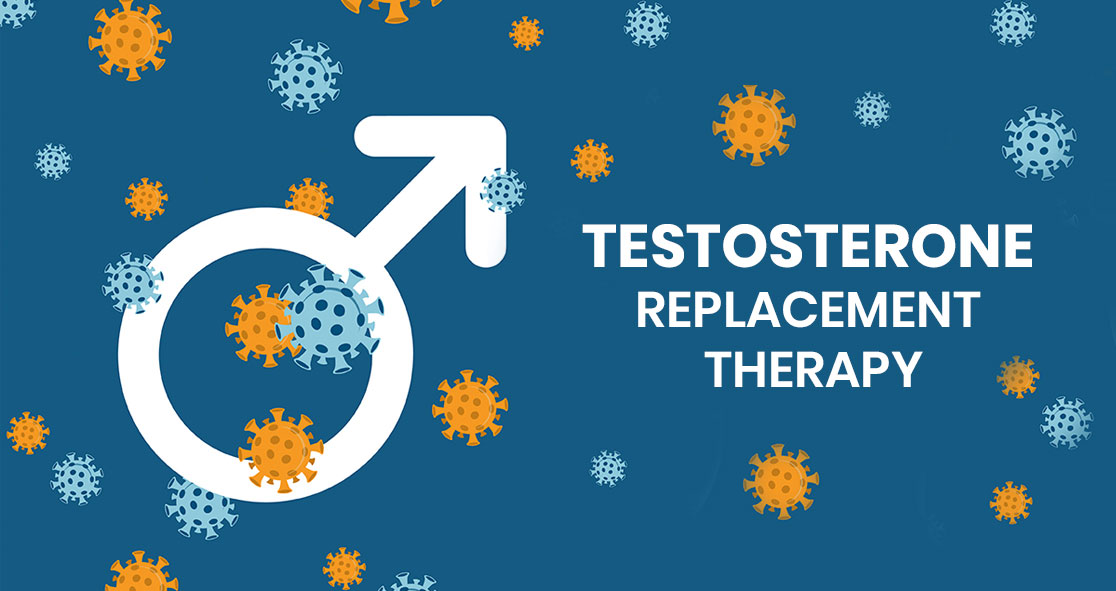At the beginning of the pandemic, a multitude of evidence highlighted a clear sex difference with the greater vulnerability of COVID-19 illness in men, including worse outcomes such as hospitalizations and deaths. And in an effort to understand this trend, studies found that there could be a possible role of androgens.
However, the relationship between testosterone and COVID-19 is still unclear and somewhat controversial.
It also seemed plausible that a difference in androgen levels plays a key role in the COVID-19 infection, but again, there is no strong evidence. Some reports suggest that high androgen states contribute to worsened disease, while others say that low testosterone is associated with more severe outcomes.
Overall, this illustrates that there could be a complex interplay with androgens, especially testosterone, in men with COVID-19 infection.
Various studies have demonstrated that men with hypogonadism are more vulnerable to severe COVID-19 illness. Hypogonadism is a condition in which the body does not produce enough testosterone.
Testosterone deficiency has been associated with severe COVID-19 illness and even respiratory failure. In addition, lower testosterone levels have been associated with worse outcomes.
So, does testosterone replacement therapy (TRT) have a role to play in COVID-19 infection?
TRT aims to improve testosterone deficiency and associated signs and symptoms of low testosterone, such as fatigue, loss of muscle mass, low libido, altered mood, abnormal bone mass, and poorly controlled sugars. The therapy may be provided in various forms such as oral, buccal, gels, nasal, pellets, and even intramuscular injections.
It seems plausible that TRT could provide an effective solution to mitigate COVID-19 severity if there is an androgen-dependent effect on the disease.
Experts believe that testosterone therapy in men with hypogonadism may have some role to play in the COVID-19 pathophysiology, as men with low T levels often have elevated levels of pro-inflammatory cytokines. TRT is thought to bring down this inflammatory response, reducing the possible cytokine storm that arises from COVID-19.
However, this raises one important question – is it safe to administer testosterone to hypogonadal men with COVID-19?
There is not enough evidence to determine whether TRT has therapeutic benefits in men with hypogonadism and COVID-19. Therefore, the treatment should be approached with extreme caution.
Given the potential side effects of TRT, including hematocrit and thyroid hormone levels, hypogonadal men with COVID-19 will likely require close follow-up. In addition, they require more rigorous follow-up given the unknown long-term risk of COVID-19.
Researchers say they need more studies to understand the therapeutic benefits of TRT in men with testosterone deficiency and COVID-19. To date, “the long-term impact of testosterone on COVID-19 remains to be clearly elucidated, and from the available data, testosterone may be still be acting as a double-edged sword,” according to the journal Nature.
There are some reports suggesting that a low T state is protective, but there is increasingly strong evidence suggesting a negative impact of hypogonadism and COVID-19. However, this is insufficient to explain the sex difference in COVID-19. More studies are required to understand the role of TRT as a treatment in men with low testosterone and COVID-19.























